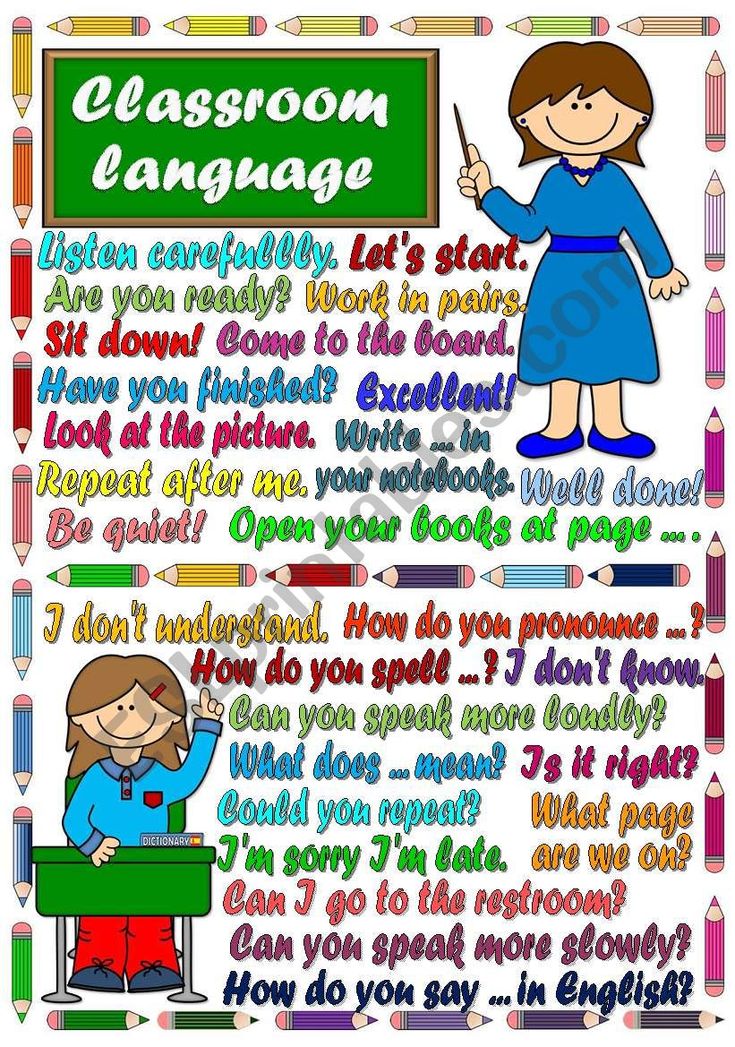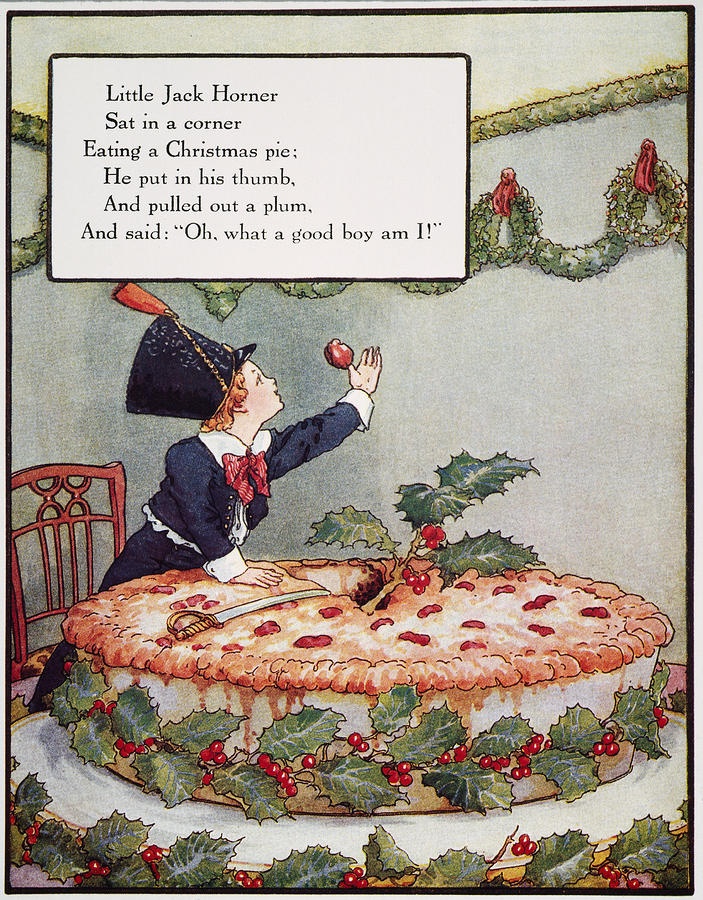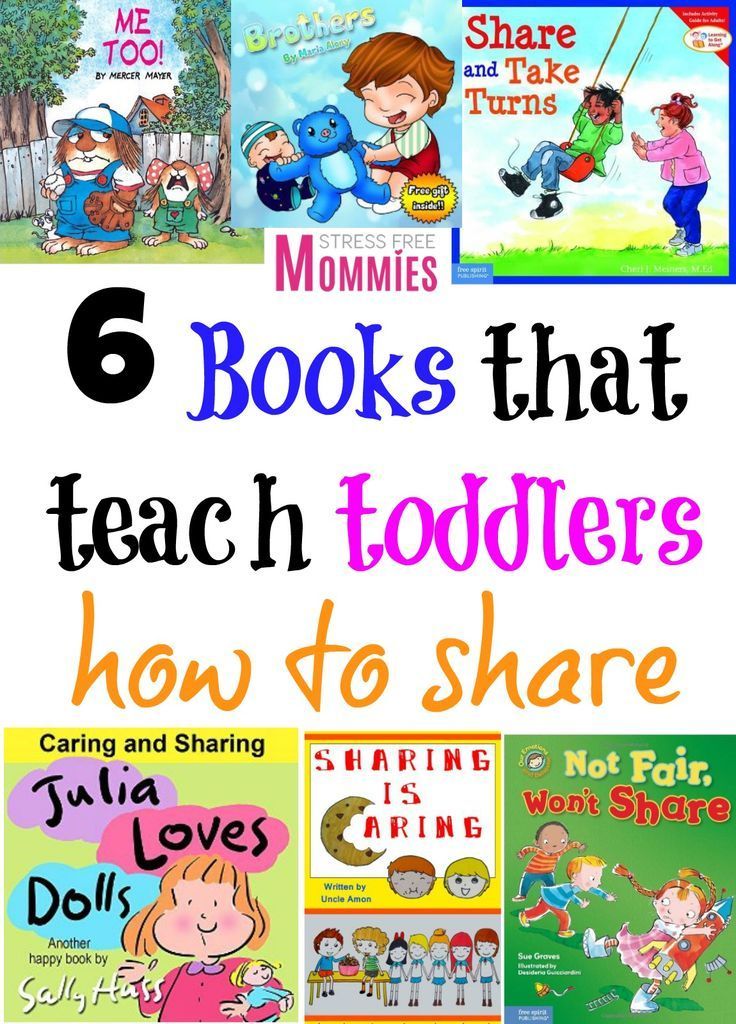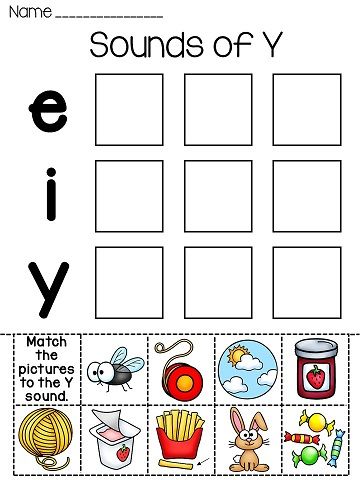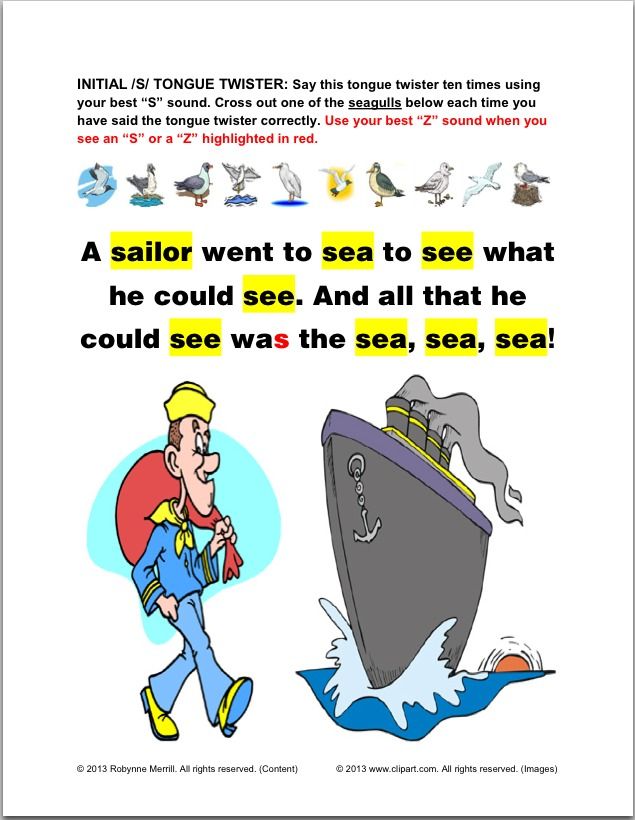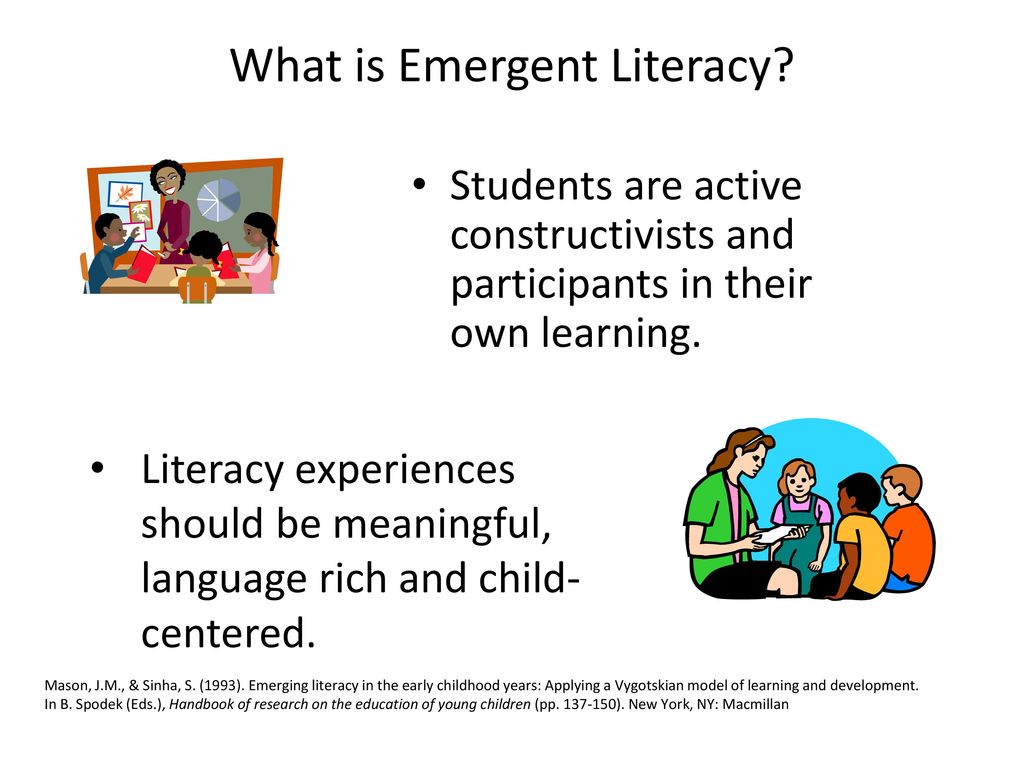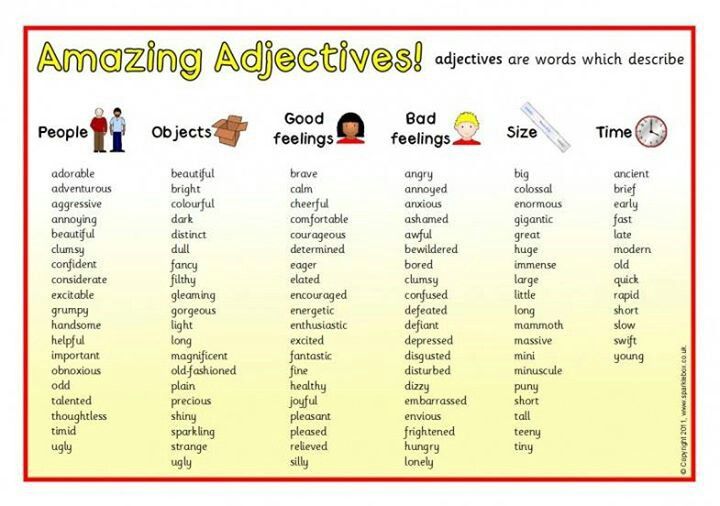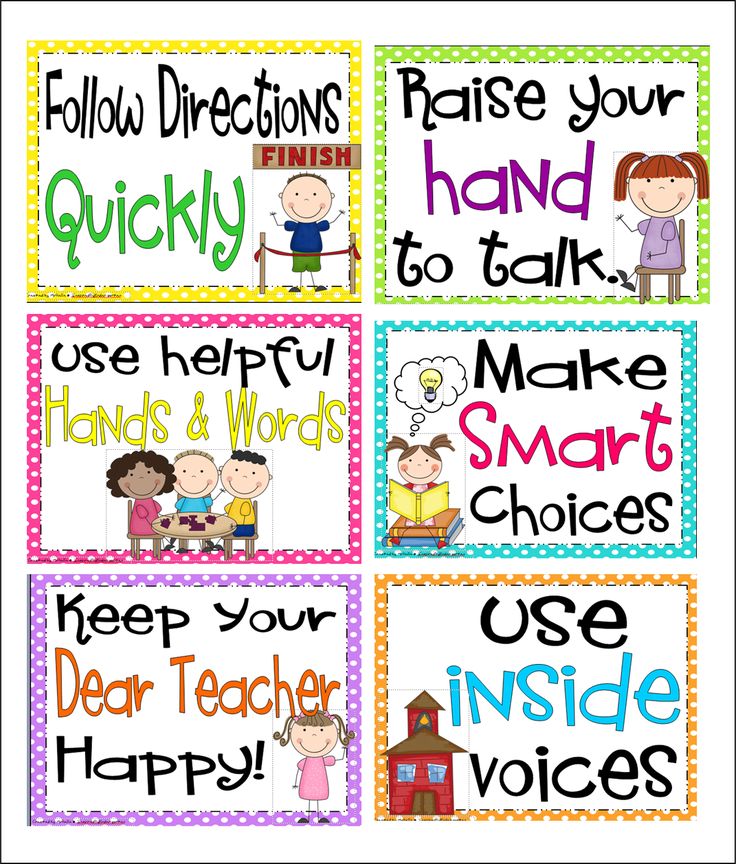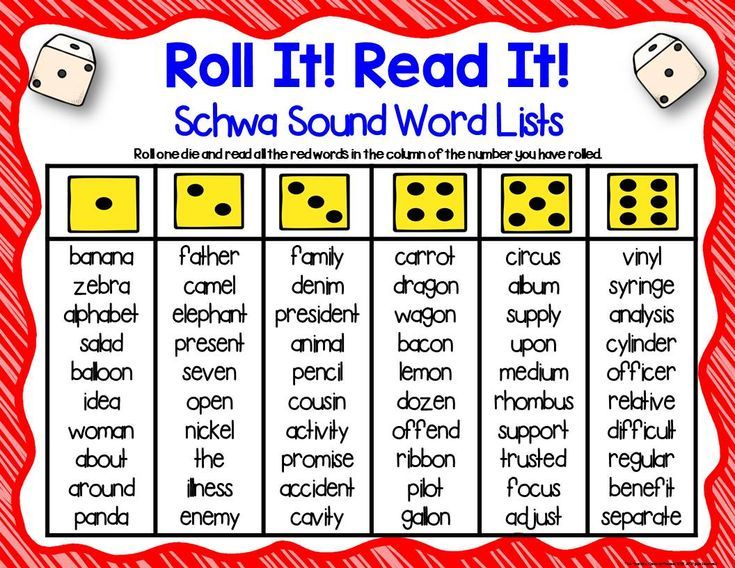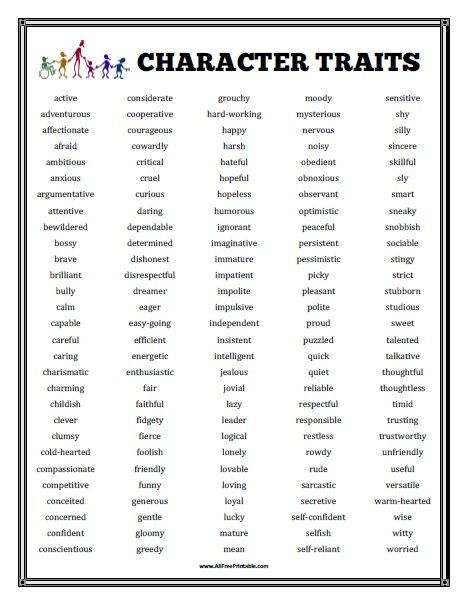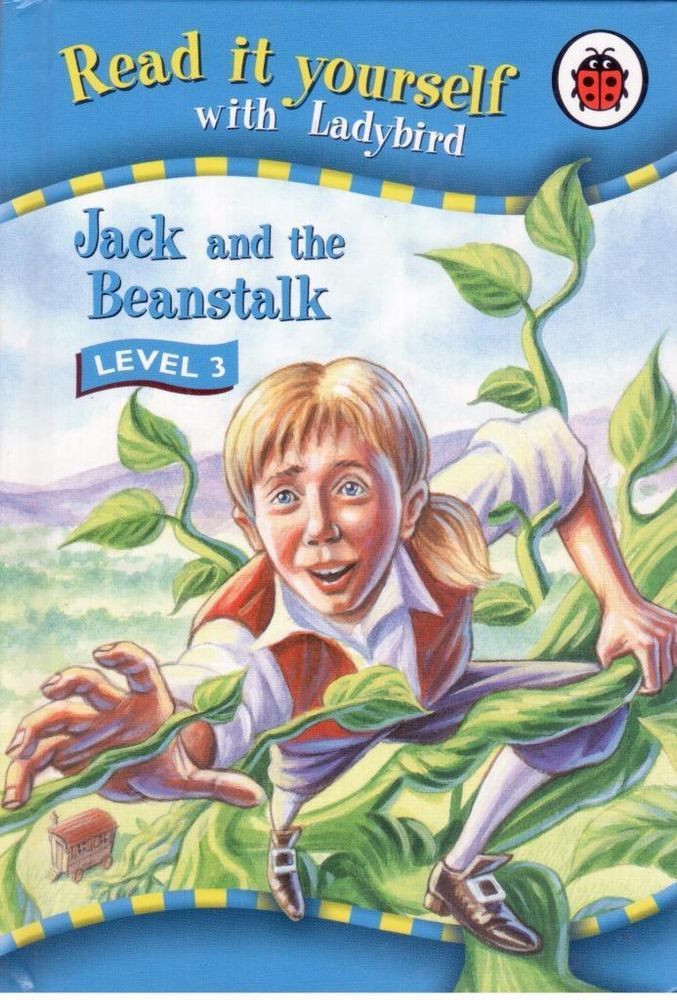How to encourage reading in the classroom
10 Ways to Promote Independent Reading
The idea of reading for pleasure is often lost among the various assigned readings and increased emphasis on test preparation. However, strong readers are those who can read and analyze a diverse range of texts. It is important for a student to be able to indulge in independent, self-selected reading both in and out of the classroom. Below is a list of ways to encourage students to read for pleasure as well as tips on facilitating an independent reading culture in your classroom.
- Host a book club. Book clubs are a great way to cultivate a community of readers that fosters connectivity through shared reading and discussion. Let the club members choose the books collectively—this encourages students to step outside their comfort zone and explore new genres.
- Collaborate with your local library. Invite staff from the local library to your school to introduce students to the many books, programs, resources, and services available to them.
Help them obtain a library card and demonstrate all the ways they can use the nearest public library to their advantage.
- Host a young author read-aloud. Invite students to read an original story aloud to their peers, educators, and parents. This gives students a platform to showcase their work while helping to build confidence.
- Reenact favorite books. Ask students to create a movie version of their favorite book. This is an opportunity for them to display how they envisioned the characters and events. Allow room for interpretation—let students decide a new ending or a twist in the plot they would’ve liked to see.
- Mystery check-outs. Wrap books in wrapping paper and encourage students to blindly choose a “mystery book.” This is a fun way to help students venture out of their comfort zone with a new author, genre, or series.
- Make time for independent reading. Set aside around 15–20 minutes per day for independent reading of self-selected books.
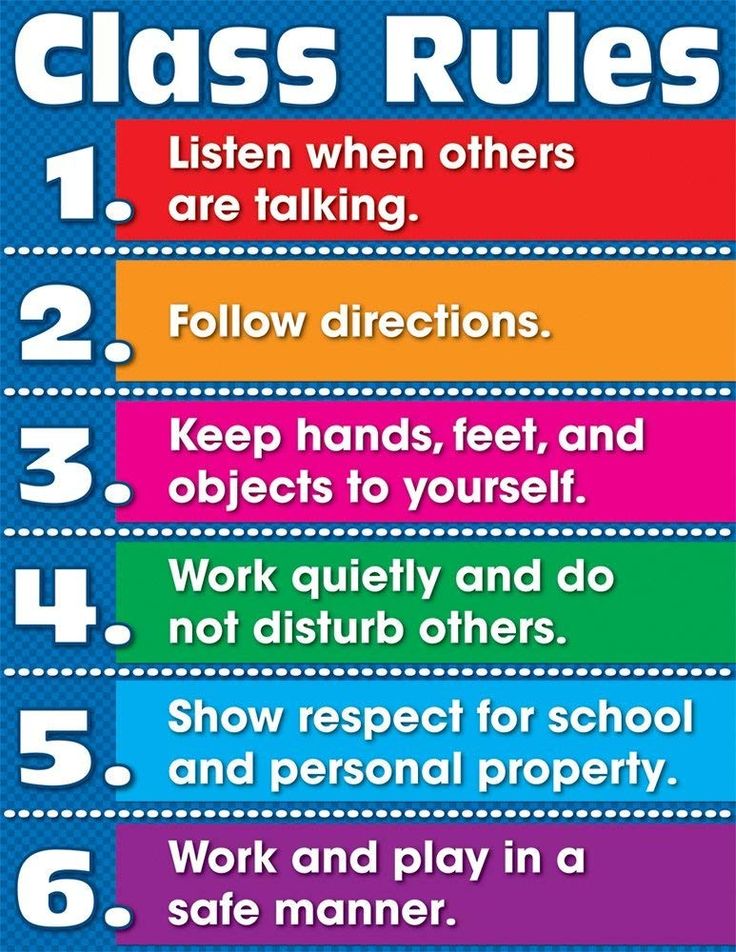 Encourage discussion afterward to measure students' progress.
Encourage discussion afterward to measure students' progress. - Lead by example. Join students’ independent reading time! Make sure they see that you put everything else aside to focus on reading. Share your thoughts on the book you’re reading, and model any close reading or comprehension strategies you employ.
- Host a reading-related event. Host a book fair to promote reading as a passion, not an assignment. Invite parents to visit, encouraging at-home reading as well.
- Assign a reading log. Ask students to keep track of what and how much they’ve read. Encourage them to write down any questions or comments that may arise, so they can revisit them upon completion.
- Get parents involved. Remind parents that the time spent fostering literacy outside of the classroom is just as important as time spent inside the classroom. Check out these tips on ways you can support family literacy.
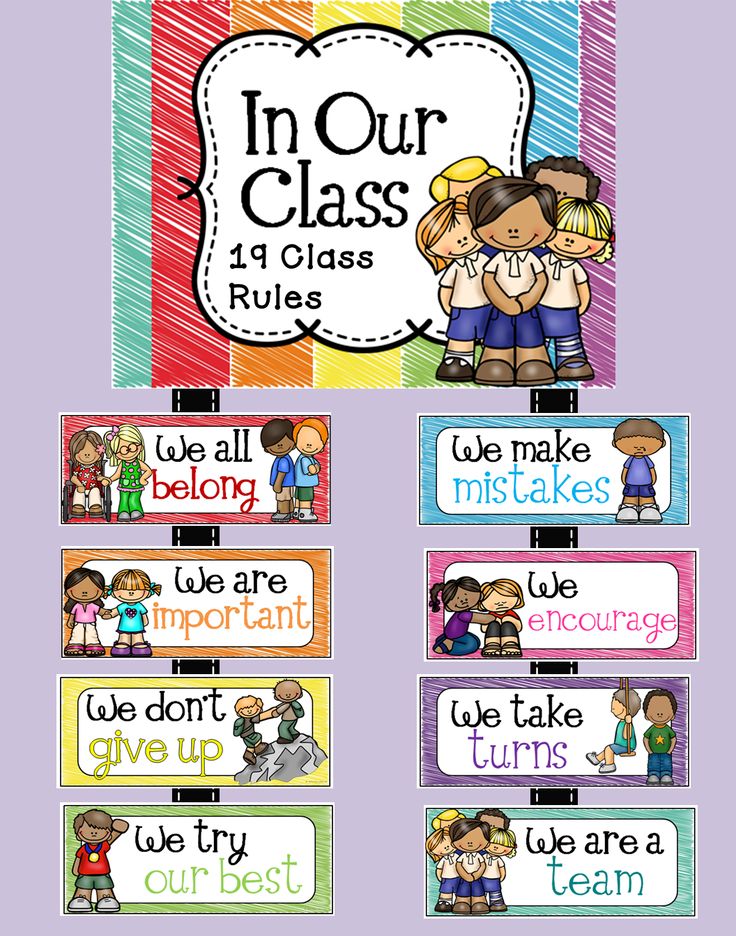
There is no one right way to successfully inspire independent reading, but establishing a strong classroom culture of reading is an important first step. Visit TeachThought's "25 Ways Schools Can Promote Literacy And Independent Reading" for more ideas.
Samantha Stinchcomb is an intern at the International Literacy Association.
Ten Ways to Encourage Reading in Your Classroom
Your classroom library should be well organized, inviting, and constantly evolving. Rotate in seasonal books. Stock books that are popular with your students; grab new and interesting titles. Make book check out easy. Decorate your classroom with motivational sayings/posters about reading. Get kids excited about book orders with a scavenger hunt or other activity.
It is really quite lovely to be read aloud to. Personally, I think my love of reading probably stems from my fourth grade teacher, Mr. Watson, who found the best books to read out loud.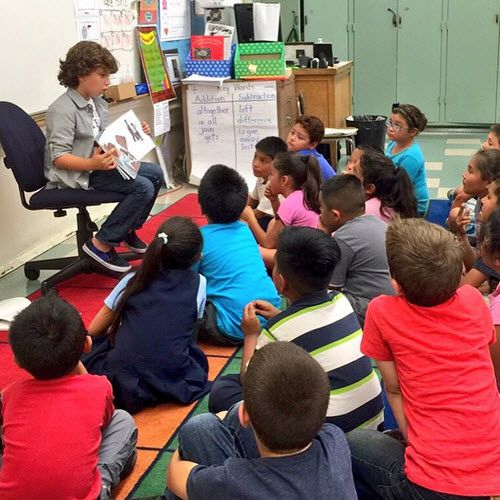 Two great strategies he had: He almost always picked a book in the middle of a series to read. Instead of reading us The Lion the Witch and the Wardrobe, he read The Voyage of the Dawn Treader to us. Of course, I had to read the rest of the series. If he wasn’t reading a book from a series, then he selected an author with many other books in print. Again, I had to have more. The other thing he did was to stop reading at a cliffhanger. We could not wait for the next day to find out what happened.
Two great strategies he had: He almost always picked a book in the middle of a series to read. Instead of reading us The Lion the Witch and the Wardrobe, he read The Voyage of the Dawn Treader to us. Of course, I had to read the rest of the series. If he wasn’t reading a book from a series, then he selected an author with many other books in print. Again, I had to have more. The other thing he did was to stop reading at a cliffhanger. We could not wait for the next day to find out what happened.
Whether you call it SSR (Silent Sustained Reading), DEAR (Drop Everything And Read), DIRT (Dear, It’s Reading Time), NIB (Nose In Book) or whatever, don’t let it fall by the wayside in favor of instruction time. For some of your students, this may be the only time during the day that they read for pleasure. Develop a system so that you know that every student has a book. Allow students to read away from their desks – if you can manage pillows, beanbags, cozy reading nooks, all the better.![]() And be a good model – read read yourself!
And be a good model – read read yourself!
Comic books, graphic novels, joke books, books about TV shows or movies, books that focus on things that are gross, books that have the words “butt” or “underpants” in their titles, etc. Good literature is important, and, hopefully, all your students will get to a place where they will love and appreciate it, but for the student who is still struggling to sound out words, making sure the content is fun and motivating is super important.
Most teachers require students to read at home for a given number of minutes per day. Whatever system you use to track it, make it easy. If it is too complicated, parents will either skip it or fill out your form with fake numbers.
Avoid requiring students to write book reports or answer a bunch of comprehension questions about the books they read for pleasure. If you would like some accountability, below are two FREE possibilities (just click the images to download).
This doesn’t mean spending valuable class time to watch them.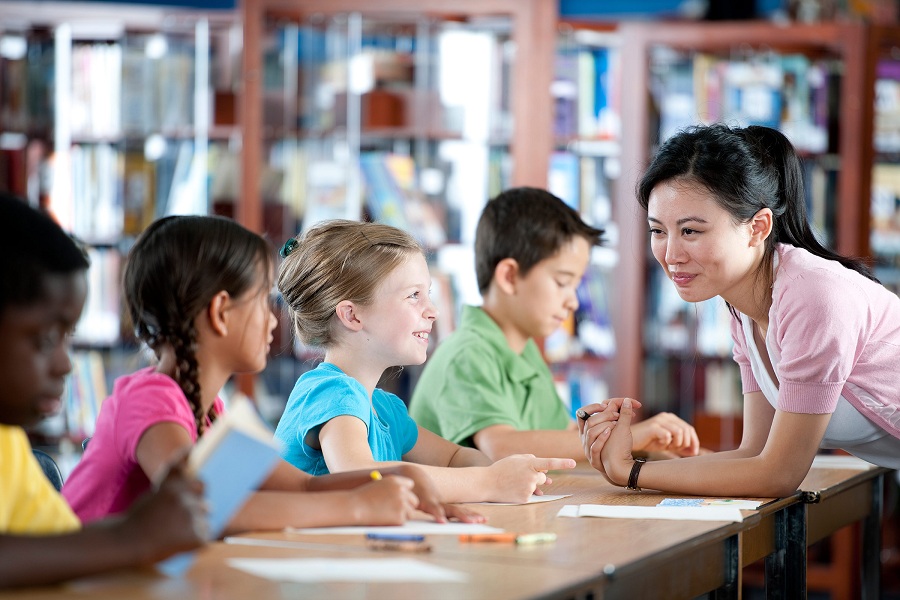 But, you could make sure to have several copies of the book available before the release of the movie and during the run. You could also create extra credit assignments based around comparing the book to the movie. Another idea is to keep a lending library of DVDs of movies that were first books. A student would only be allowed to borrow the movie after he/she had read the book.
But, you could make sure to have several copies of the book available before the release of the movie and during the run. You could also create extra credit assignments based around comparing the book to the movie. Another idea is to keep a lending library of DVDs of movies that were first books. A student would only be allowed to borrow the movie after he/she had read the book.
One strategy is to allow students to only listen to the first chapter or two. If they want to know what happens next, they will need to read the book.
This one is up for debate, but in my opinion reading is one of those things that really should be its own reward, right from the start, at least for most kids. There may be a few where a reward system for number of pages or books read makes sense, and it could be that external rewards at first lead to an intrinsic love of reading, but I would only use a reward system if deemed necessary. I also am not a fan public competitions where it is clear to everyone how many books each student has read.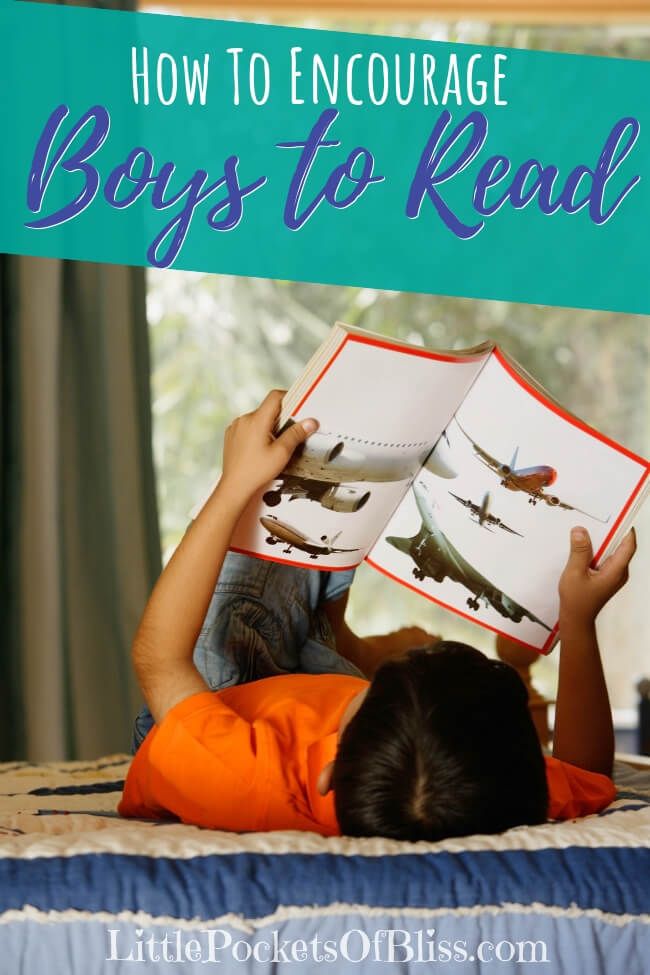 Some kids read fluently from the start, others struggle. It isn’t fair to pit them against each other.
Some kids read fluently from the start, others struggle. It isn’t fair to pit them against each other.
It could be an after school book club, pair-sharing what you’ve been reading, making video book reviews or any number of other things. One of my favorites is to have everyone get in a circle right after silent reading time. Go around the circle and have each student hold up his/her book and say one sentence about it. It often helps to give a prompt such as, “I like this book because….” or “One interesting thing about his book is…”
How do you motivate student reading your classroom? Please share with a comment.
Happy Teaching,
* Minds in Bloom, Inc. is a participant in the Amazon Services LLC Associates Program, an affiliate advertising program designed to provide a means for sites to earn advertising fees by advertising and linking to Amazon properties including, but not limited to, amazon.com, endless.com, myhabit.com, smallparts.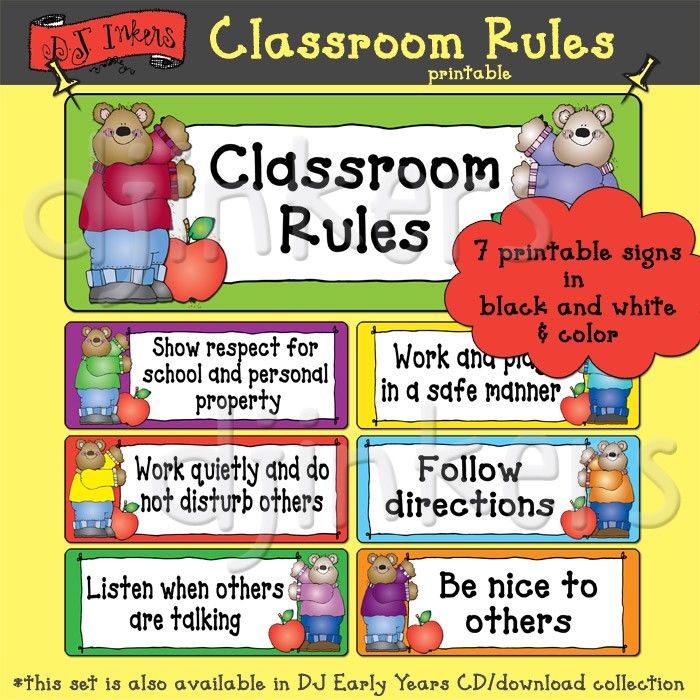 com, or amazonwireless.com.
com, or amazonwireless.com.
How to introduce a child to reading?
Sections: Literature, Organization of the school library, Work with parents, Competition "Presentation for the lesson"
Schoolchildren are currently interested in reading dropped sharply. According to experts, in recently in Russia the number of readers up to 30 years shortened by 2 times. High among students only about 11% have a reading rating.
The family completely forgot about reading. Nearly a third families do not have personal libraries. It can be seen that the child young age is not accustomed to reading. All this shows a decrease in the level of reading. UNESCO 2003–2012 years declared "International Decade literacy”. According to the results of international research only one reading lessons, literature does not help increase interest in reading. If a child under 12 years of age does not likes to read, then it will be too late to teach him to reading.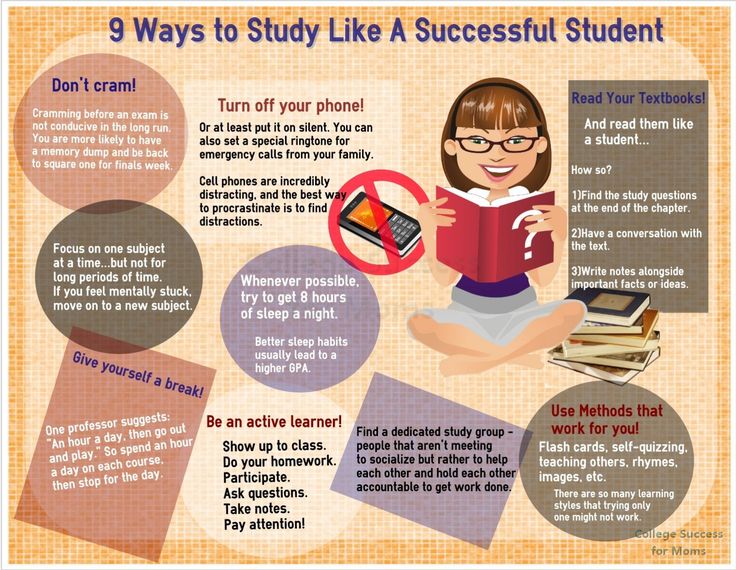
The level of reading develops: in the family, school, library. They must influence the child interconnected and complement each other. According to mine observations, as an experienced teacher and head teacher, who does not read much, writes illiterately, falls behind in study, there is no outlook, there are gaps in study. The famous poet Samuil Marshak emphasized that there is a talent for writing and a talent for reading. We must develop the talent of the reader, reveal and encourage. Therefore, the work of the library should attract children to you, to books.
The book is the main indispensable tool self-education. great educational impact of the book on the next generation. AT first of all in the family, children should from an early age learn to read books. If mom and dad don't read, it also affects the child negatively. At there are many reading families in the village who have a large personal library, like the Berezkin family, Degtyarev, Koryakina A.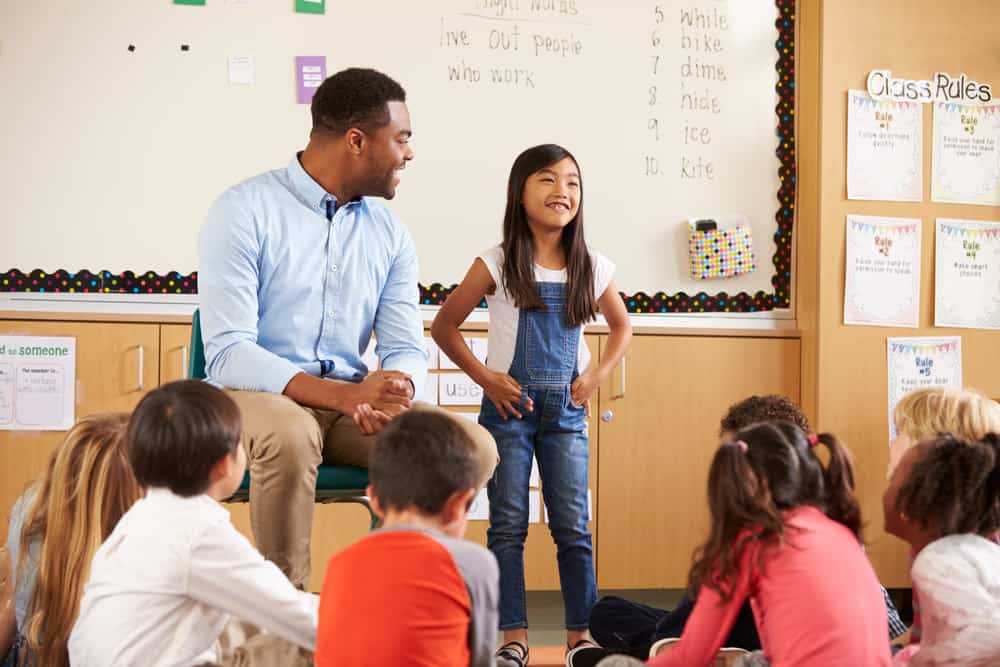 P., Tarkova A.Yu., Tarabukinykh N.S. and N.I., Vinokurova E.M. etc.
P., Tarkova A.Yu., Tarabukinykh N.S. and N.I., Vinokurova E.M. etc.
School libraries seek to help their the reader in acquiring the necessary knowledge and skills, but the goal is to introduce each child can only be achieved through joint by schools and libraries. As shown practice, work from time to time does not bring noticeable benefit, it should be carried out systematically and purposefully.
Reading is finding the joy you are you experience it yourself and deliver it to others. As the head teacher for a number of years observed in classes and exams, when the teacher stopped the student with the phrase: “Don’t paraphrase and analyze. Sometimes it's not clear why you can not retell the book, rejoicing in the fact that that you read it, on retelling, I think, is born general reader and speaker. With such enthusiasm and the ecstasy of the telling student is not necessary interrupt and listen. The student who reads is a thinking student and he studies well in all items.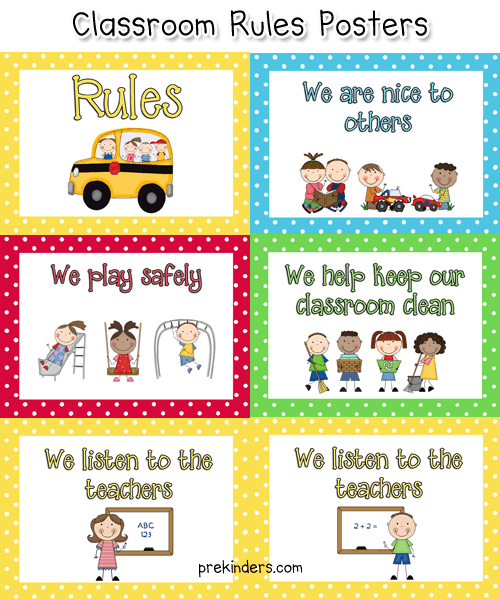
During 2 months of work in the library, I watching readers. Good attendance by students from 2nd to 5th grades, from 6th grade - less. Students 4 class (teacher - Koryakina A.P.) often take works of writers that she offers in extracurricular reading lessons and that's it. This one is theirs interest must be developed and help not to lose in senior classes. But children cannot be taught from - under sticks, but gradually step by step. Schoolboy through a separate page should “try” book to decide if he needs it or not.
It is necessary to teach the child: to read Onegin, in Rakhmetov's way to choose a book, to idolize it, like Nilovna, who, before starting a conversation about the book, for some reason she washed her hands cleanly, communicate with her in the Korchaginian way, teach her how work with the book. Only then will desire read it, and after some time and re-read it.
Schoolchildren spend their free time at computer, TV, video. Therefore, the majority of reading deteriorated, literacy, ability to speak and speak.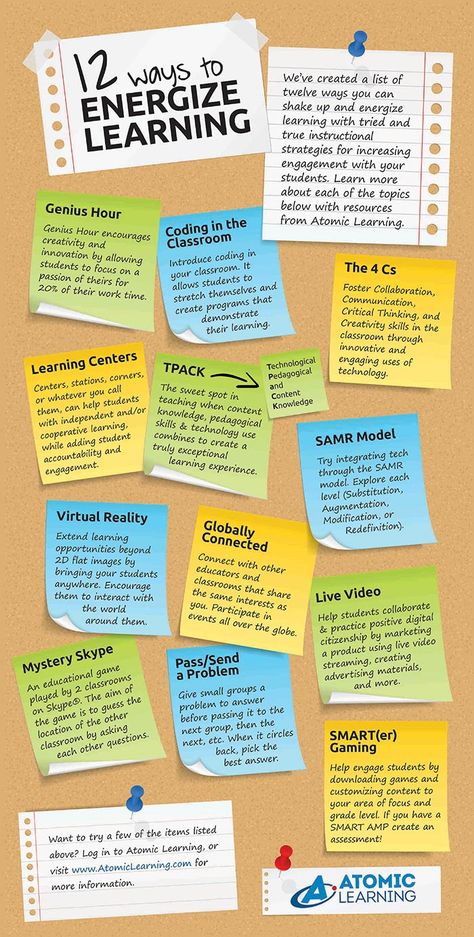 The child must read in their native language. arose the threat of Russification of the population with the development technical progress. At the lessons of the Yakut there are few works of literature in the program Yakut authors. For 7 years from 5 to 11 classes a child studies 227 works, including 155 poems. At the lessons on Yakut literature there are a number of problems:
The child must read in their native language. arose the threat of Russification of the population with the development technical progress. At the lessons of the Yakut there are few works of literature in the program Yakut authors. For 7 years from 5 to 11 classes a child studies 227 works, including 155 poems. At the lessons on Yakut literature there are a number of problems:
- Few classical pieces.
- The brevity of the studied works to a minimum.
- Textbooks in some classes are obsolete.
- There are few original works in libraries.
- Low culture of reading.
- There is no proper control by parents and class leader.
It is necessary to teach schoolchildren according to primary sources. To do this, release works in large circulation. Run more competitions literary quizzes, reading conferences, family competitions, round tables on reading problems.
Primary students must go out literate readers, enthusiastic readers.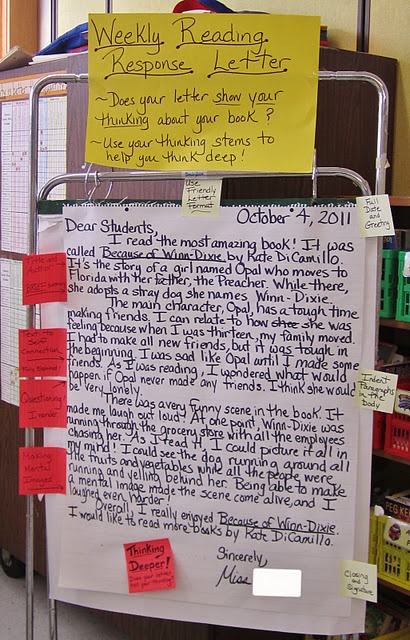 For this elementary school teacher should to instill a love of books from an early age, to teach share your opinion about what you read reading culture. To the transition to the middle link a child who fulfills the reading norm, further learning successfully. Many in middle and high school oral objects if the child cannot read, it's hard to study. Gotta pay attention an increase in the pace of reading, expressiveness, reading with understanding. To instill an interest in reading a small child can be given to read illustrated books, with short texts, with fairy tales.
For this elementary school teacher should to instill a love of books from an early age, to teach share your opinion about what you read reading culture. To the transition to the middle link a child who fulfills the reading norm, further learning successfully. Many in middle and high school oral objects if the child cannot read, it's hard to study. Gotta pay attention an increase in the pace of reading, expressiveness, reading with understanding. To instill an interest in reading a small child can be given to read illustrated books, with short texts, with fairy tales.
Organize joint loud readings in the family, discuss what you read. Reading development conducive to silent reading, here the pace is usually quick. Visual aids also help speed reading. dictations. When the child brings the borrowed books, the librarian briefly asks describe what the book is about. Next time he comes after reading a book, but not easily brings book. This is also one of the educational methods.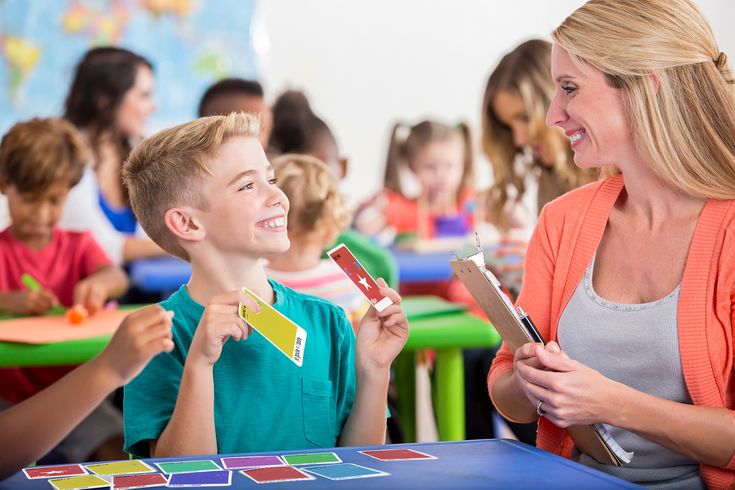
His creative approach to work, his project I plan to gradually accustom students to systematic, daily reading, form a high level of perception fiction, allowing you to include in the circle of his reading varied and complex books, to the ability and desire to take advantage of all features provided by the library familiarize yourself with the bibliography. Where to start? FROM holding the first scheduled meetings with book, library. Children love the most game, competition, practice, love fascinating story of the librarian, with displaying a richly illustrated book. It is important to help children see the immediate connection between their successes in literature, history, in other sciences and a good knowledge of the library, its reference and bibliographic material, the ability to read systematically and thoughtfully.
Some language teachers seek children keeping reading diaries. It instills interest in reading, the child reveals the soul, illustrates one of the episodes of the books.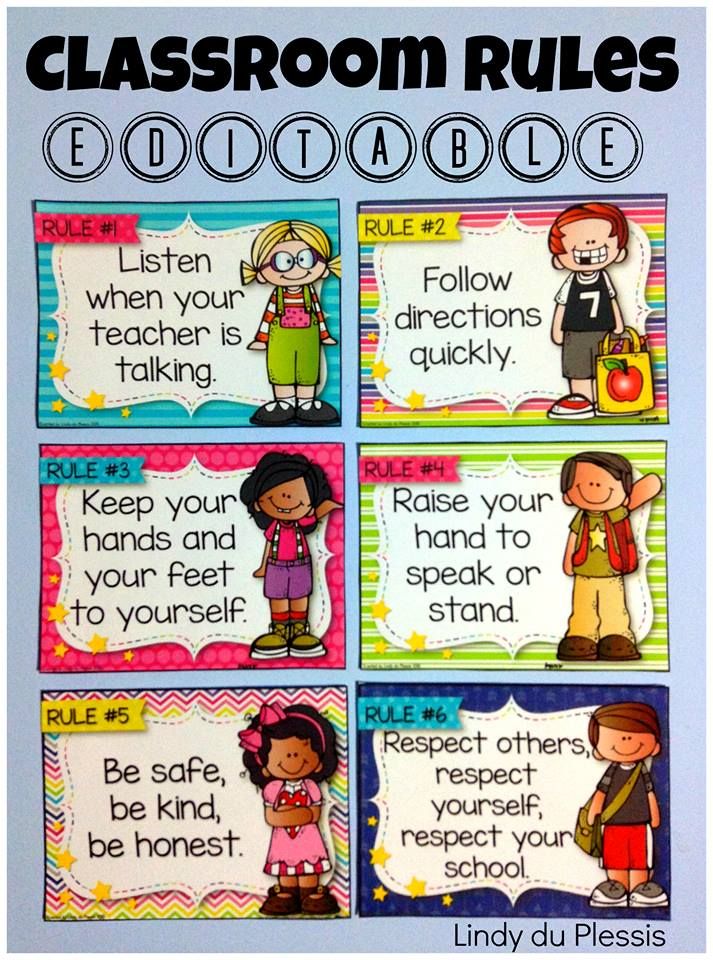 Without constant daily exercise, constant we will not be able to contact the library develop daily habits in readers refer to the book. We must not only keep children interested in reading develop the creativity of the reader. So I decided to lead a circle “Young journalists”. Because, poetic speech develops much faster, than prose. The first ones are born in the hearts childishly naive, but coming straight from the soul, poetic lines. These poems, stories put on public display, printed in newspapers, small pamphlets.
Without constant daily exercise, constant we will not be able to contact the library develop daily habits in readers refer to the book. We must not only keep children interested in reading develop the creativity of the reader. So I decided to lead a circle “Young journalists”. Because, poetic speech develops much faster, than prose. The first ones are born in the hearts childishly naive, but coming straight from the soul, poetic lines. These poems, stories put on public display, printed in newspapers, small pamphlets.
One of the methods of reading in the family is encouraging children to read through newspapers. For example, “Keskil”, “Youth of the North”, “Indigir wattara." Children solve crossword puzzles riddles and send answers to the editor, then waiting for results, reading articles, stories. From this began, for example, in my children, a love of reading, books. Enjoy reading about your native village, ulus, rejoiced when they read about acquaintances. Over time, the circle of reading expands, trying to collect a library of publishing books "Bichik".
Over time, the circle of reading expands, trying to collect a library of publishing books "Bichik".
Based on the above, you can do the following conclusion:
- The very first reading companion in the family can be a newspaper.
- The educational role of newspapers is great, they teach children to work, to spend their free time.
- There is an interest in everyday events, news of the ulus, republic.
We strongly encourage parents to subscribe on newspapers, children's magazines, read together with children. It is bad that there are no bookstores, kiosks. The more a child reads, the better he develops speech, thought. When he reads, he does not pay attention to TV, computer, video, on time preparing for lessons. Books are very expensive children should be taught to go to the library, some families cannot afford to buy books, and they are not for sale. Recently the role libraries has increased, especially in rural localities.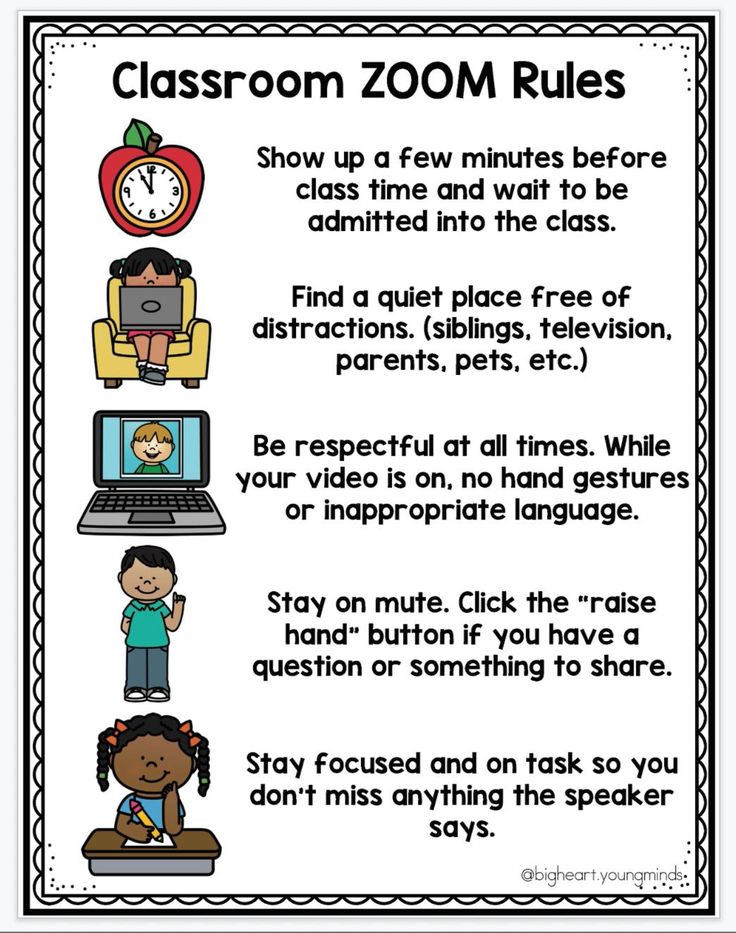
The book is a man-made wonder of the world, this is what accompanies the human race almost from the cradle. What, how and why to read? You can read aloud and “myself”, slowly and quickly. Reading speed depends not only on the literacy of the reader, but on what kind of book it is. There are easy to read books, there are those that require a gradual development. Speed reading technique refers to reference literature, periodicals. Have favorites books that have become friends for life, we re-read again and again, there are favorite genres, For example, in childhood - fairy tales. Circle with age reading changes. A real reader loves a book not as a thing, but as a living being, can use in life what you read about. Need to help select a book, having learned the range of interests child. Good and convenient that there is a reading room for 15 places in our school library. Often teachers come in, students who have a window in schedule. Here you can look through the latest newspapers and magazines, new books, prepare for lessons.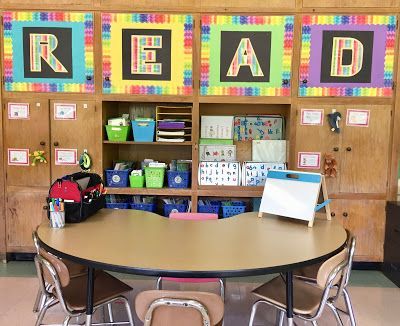 There is a growing interest among educators and among students.
There is a growing interest among educators and among students.
In the explanatory dictionary of V.I.Dal there is a definition: “Reader, reader, reader of a book for myself". As terrible as it sounds, some people read to “kill time”. Read and forget. Life without books is not real life. And we will be friends with a book, we will always be best friends! “Children are a living stream, a ribbon of our future life, the seed of the future. What seeds will we sow, besides and we will come in the future, ”I finish with these words my job.
Enclosed from work experience:
Scenario of the competition “Mom, dad and me - reading family”
Participants: Primary school families.
Purpose: To awaken interest in reading in children and parents.
Tasks:
- Promote family unity
- Promote the reading of Russian folk fairy tales.

- Find reading families.
Members of the jury:
- Lobanova O.V. – Chairman
- Tarkova T.N. – member
- Osipova A.I. – member
Progress of the competition
Opening remarks by the librarian Lobanova M.D.
Good afternoon dear parents, teachers and students! Today we have gathered for the competition “Mom, Dad and I are a reading family.” We will go with you today in the world of fairy tales. Let's check how you know Russian folk tales, their heroes, fairy-tale characters, words and expressions from fairy tales. The realm of fairy tales is immense the state is a land of wonders and magic. And who at least once visited her, very fond of her. Fairy tales - these are the first books. They're very kind, instructive. So, our contest is dedicated to our favorite fairy tale characters.
Social media performance school teacher Sleptsova A.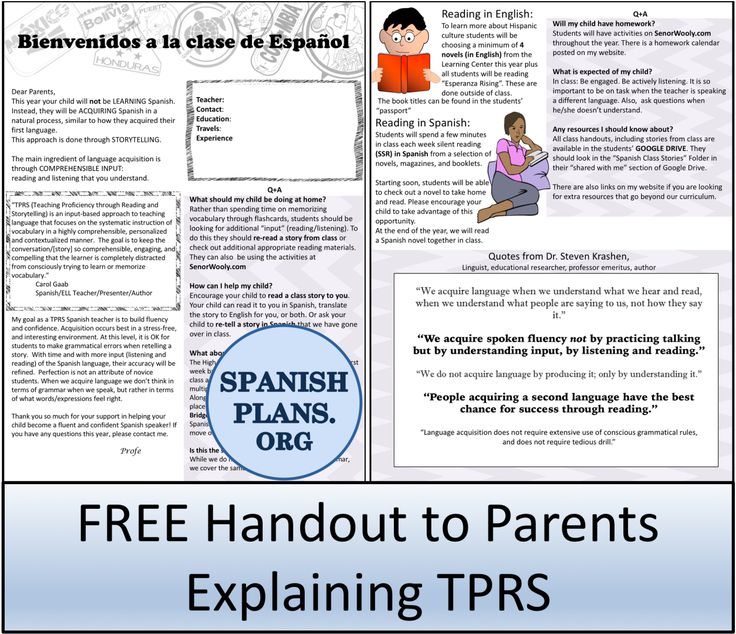 S.
S.
Stage 1: Business card. (represent their family).
Stage 2: Warm-up. (Each team receives sheets of 3 questions and answers. For the right answer 1 point)
- What was the cradle for Thumbelina? (shell walnut)
- What melted Kai's icy heart? (hot tears Gerdy)
- Where did Cheburashka live? (in a telephone booth)
- What was the name of Shapoklyak's rat? (Lariska)
- What was the name of Matroskin's cow? (Murka0
- Who pulled the turnip in front of the Bug? (Granddaughter)
- Girl with blue hair. (Malvina)
- The name of the girl who saved Kai. (Gerda)
- Who broke the golden egg? (mouse)
- Who provided veterinary services to animals? (Aibolit)
- He promised to wash everyone. (Moidodyr)
- What Helped the Queen Know the Real princess? (pea)
Stage 3: Competition “Auction of books” (Who is more knows works whose titles there are numerals), leaves are given, time 2 minutes.
Stage 4: Competition of captains - children (answer questions):
- 1 cl. - Who lives in a hut on chicken legs? (Baba Yaga)
- 2 cl. What did the fairy make Cinderella's carriage out of? (from pumpkins)
- 3 class. Where is the seventh kid hiding? (per oven)
- 4 cl. - Name the smallest characters fairy tales. (Thumbelina, Boy with a finger, gnomes)
Stage 5: Competition “Books of my childhood” (tell about their favorite book from childhood, summary)
Stage 6: Competition "Search" (Given leaflets with set of keywords. Guess the story:
- Three sisters, a merchant, a monster, a flower. (Aksakov. Scarlet flower)
- Brothers, mill, donkey, cannibal. (Ch. Perro. Cat in boots)
- Muddy, crocodile, Totosha, washcloth (K. Chukovsky. Moidodyr)
- Toad, elf, swallow, mole (Andersen. Thumbelina)
- Shard of mirror, raven, carriage, small robber, deer.
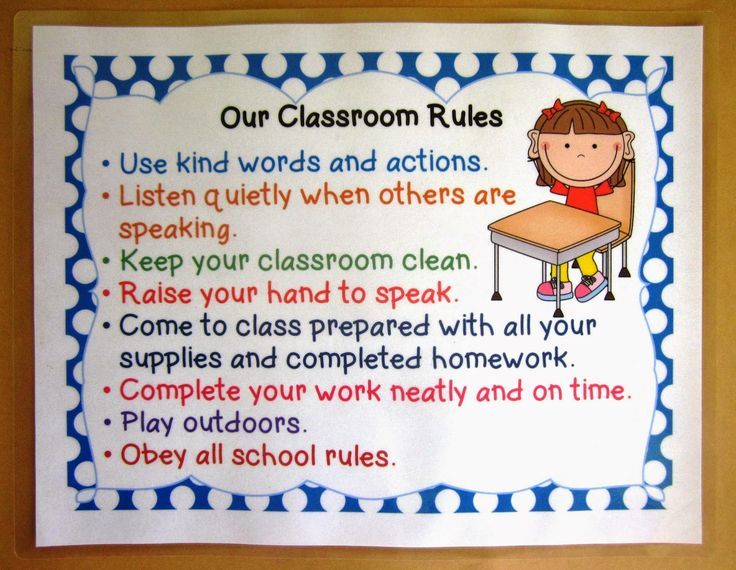 (Andersen. Snow Queen)
(Andersen. Snow Queen) - Stepdaughter, fairy, carriage, ball (Ch. Perro. Cinderella)
- Barrel, sea, island, Princess. (Pushkin. Tale of Tsar Saltan)
- Soldier, witch, tree, dogs. (Andersen. Flint)
Game with the audience “Fill in the name”:
- Koshchei-, Elena-, Ivan-, Vasilisa-, Sleeping- Boy-, Finist-, Serpent-,
- Tiny-, Horse-, Baba-, Chuk-, Gerda-, Ilya -, Snowy-, Ugly-, Old Woman-,
- Princess-, Crocodile-, Sivka-, Heat-, Winnie-, Old Man-, Kid i-.
Stage 7: We received telegrams: (you must say who the sender is and to whom it is addressed):
- Thank you for your non-traditional care services for the exams (Old Man Hottabych from Volka)
- Thank you, birdie, for the miraculous rescue (Swallow from Thumbelina)
- Thank you for saving me from the robbers. (to the little robber from Gerda)
- Please do not wake me up, I want to sleep (prince from sleeping beauty)
Stage 8: Black box competition for mothers.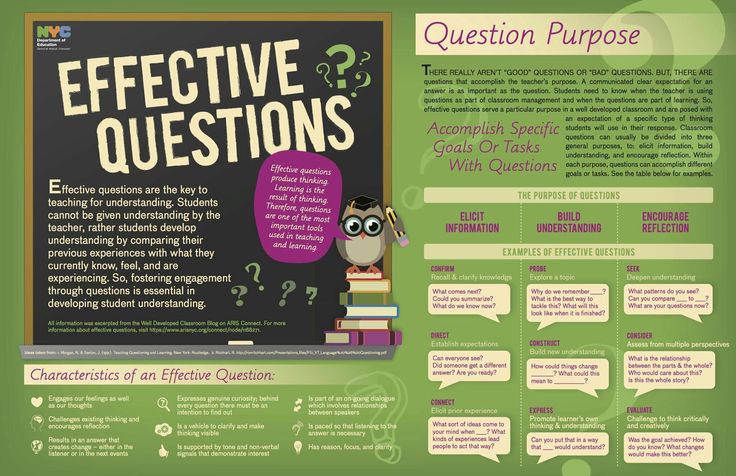 (Based on the description of the item, guess what is in the black box):
(Based on the description of the item, guess what is in the black box):
- Using the item inside the box, make different things, you can kill a terrible villain. (Needle)
- What object made the old man cry and the old woman after the trick of the little animal. (Egg)
- Here is a toy that was given a very funny name because he learned from the table. (Cheburashka)
- This is the item that the crocodile ate. (Washcloth)
Stage 9: Contest for dads “Whose is this portrait?" (recognize the hero from the description)
- swayed, swayed on thin legs, stepped, hop-hop straight to the door, over the threshold and onto street. (Pinocchio)
- A long, wet man with a small face entered, as shriveled as a morel fungus. (Duremar)
- A man so scary in appearance that one could stiffen with horror at one glance at him: bulging eyes revolved, huge mouth clanged teeth, as if it were not a man, but a crocodile.
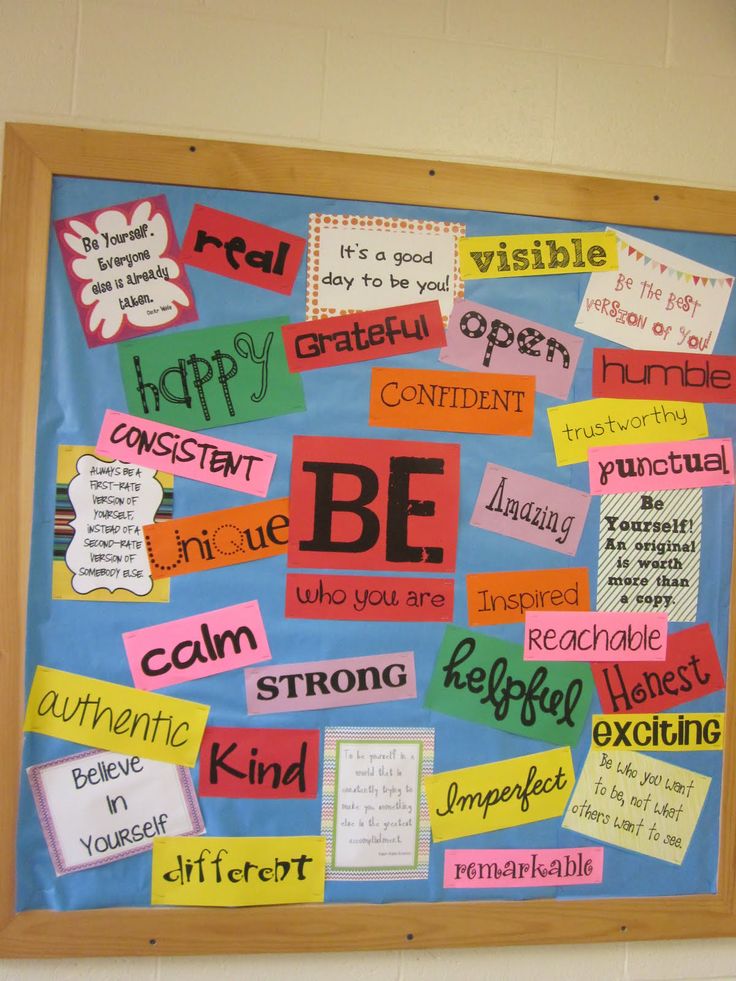 (Karabas-Barabas)
(Karabas-Barabas) - A large scary snake head appeared from mud. (Turtle Tortilla)
Presenter: So our "Fairy Day". Today we remember our loved ones fairy tales, learned kindness from fairy-tale heroes. Finish the words: A fairy tale is a lie, but there is a hint in it: (good fellows - a lesson). Let's remember the fabulous expressions, magic words, beginning and end fairy tales. Thank you for your active participation, now the word given to our esteemed jury, awarding.
5 tips for teachers: how to instill in children an interest in reading the classics | Chalk
“They grew up with gadgets and just don’t accept long texts,” literature teachers complain about their students. In some ways they are right, but this does not mean that nothing can be done here. Ileana Sherry, a literature teacher from the USA, did not give up and taught children to love books, who previously could not read even 10 pages. And she tells how she did it.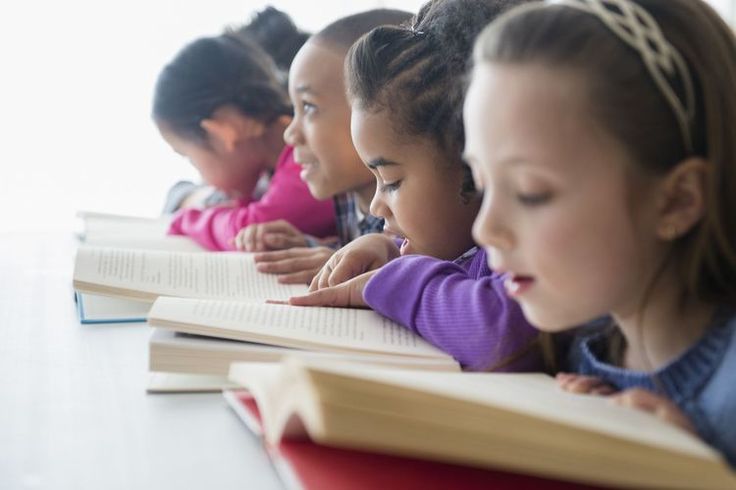
During my practice at school, I was the first to encounter a problem that is familiar to every teacher: many students simply did not want to pick up books. I read essays that looked more like carelessly copied condensed retellings for several months, got terribly angry, then began to punish children who did not read books to the end, and encourage those who did.
Unfortunately, at the end of the semester, some of my students turned out to be completely unprepared for the final work. After all, instead of helping them find the motivation to read, I completely undermined their desire to even look at books.
This experience prompted me to pay attention to a key question in my profession: how to encourage all students to read serious works - including those who do not have a craving for books?
Orientation to those who find it difficult
Every student can read a novel. If you master this skill at school, then in the future it will be easier to develop a critical attitude not only to printed texts, but also to a wide variety of information that comes to us from the outside world. But some students avoid reading for subjective reasons.
But some students avoid reading for subjective reasons.
To help them, I had to shift the focus. Previously, my program was designed for students who read whole works - that is, for those with whom it was more convenient and interesting for me to work. When I began to focus on children who experienced difficulties, for whom the full text of the work was difficult to be given, the whole class was involved in the work.
The methods that I will talk about will help organize the work in the class so that the material is accessible to students, regardless of which page they managed to read.
1. Read together
I usually review with the class the first chapter of the book, the central episode of the conflict, and quotes from different parts of the book that help to reveal its main ideas. The number of chapters and quotations that can be offered to the class will depend on the general level of knowledge.
Reading the first chapter aloud is extremely important, as it helps children overcome inertia and provides context for further independent work.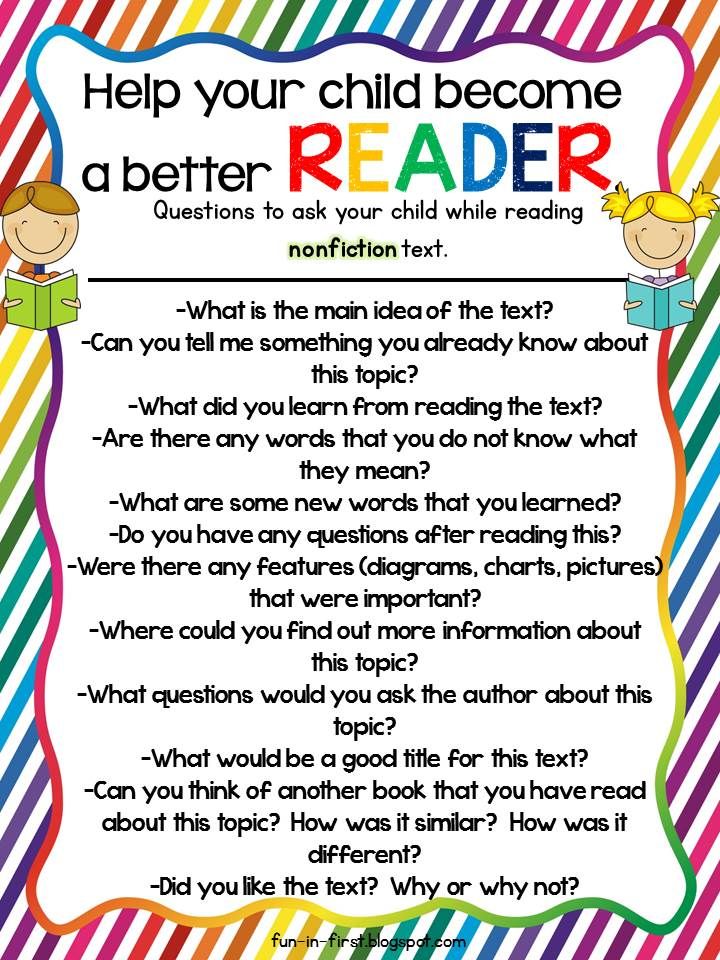 And books such as The Art of Reading by Thomas Foster and The Structure of a Fiction Text by Yuri Lotman will help you learn to think more deeply about what you read.
And books such as The Art of Reading by Thomas Foster and The Structure of a Fiction Text by Yuri Lotman will help you learn to think more deeply about what you read.
2. Use audio books
Reading may not be available to children with dyslexia or those who have not yet fully mastered language skills. The barrier between students and the text can be overcome by providing them with an audio version of the book. To do this, teachers can use library resources, find an audio track on the Internet, or even record their own voice acting.
3. Draw parallels with real life
After graduation, students will forget most of the details, but we can help them gain knowledge that will be useful outside of school classrooms - including helping to make a choice, make one or another decision . For example, while talking about Gogol's "Inspector General", you can talk about the consequences that can happen if you do the work in bad faith. And while reading "Eugene Onegin", think about what a provocation is and what it can lead to (quarrel and duel between Onegin and Lensky).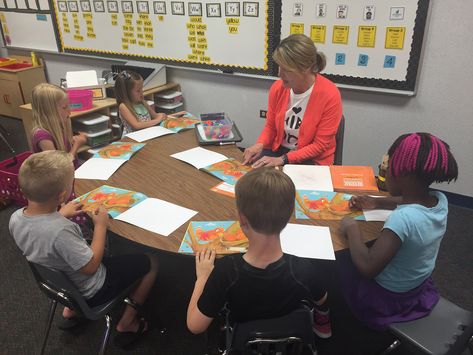
4. Prepare materials that complement the main text
Additional materials can be of different formats: poems, excerpts from newspaper articles, videos, songs. Thus, children will have several reference points that will help them learn the main themes and ideas of the work, and make their understanding more voluminous.
5. Allow students to choose books to read
Instead of focusing on one book, have three or more texts to choose from. In this way, you will be able to involve children in the work and provide an opportunity to tailor the curriculum to your taste and reading level.
Photo: file404 / shutterstockDon't give up
I consider myself fortunate to have been able to work at a small school. There I was able to closely monitor specific children and saw that my students were progressing from year to year. Looking at the graduates who studied with me in the 9th and 10th grades, I see that these methods gave good results.